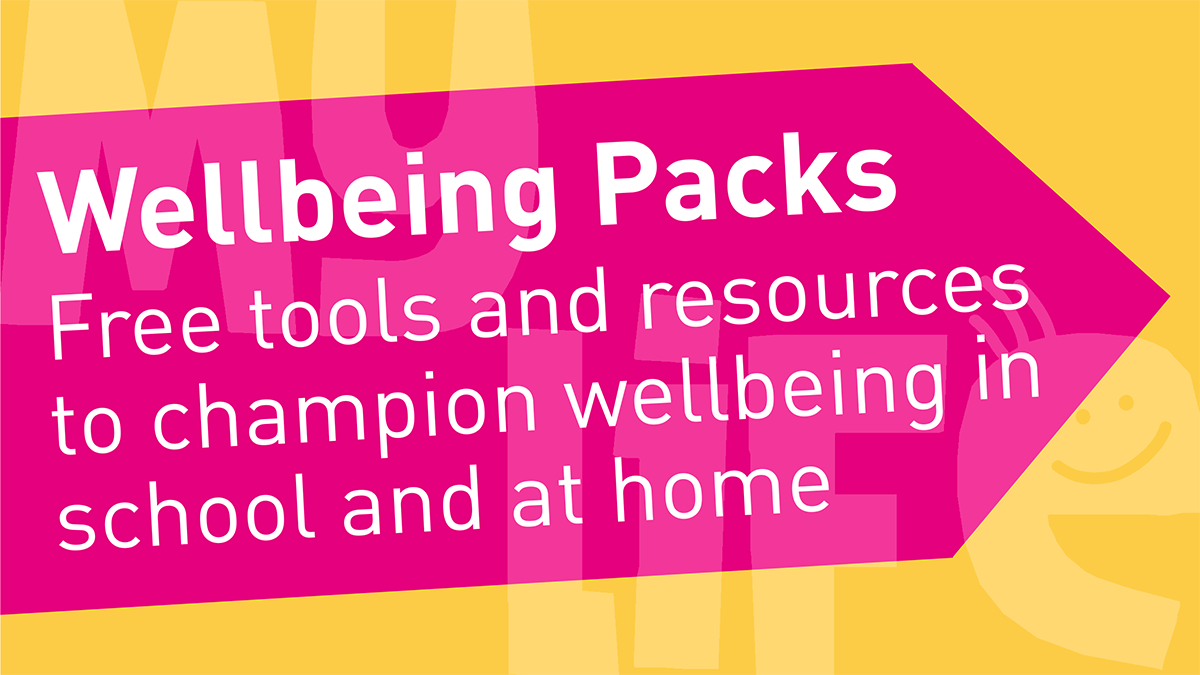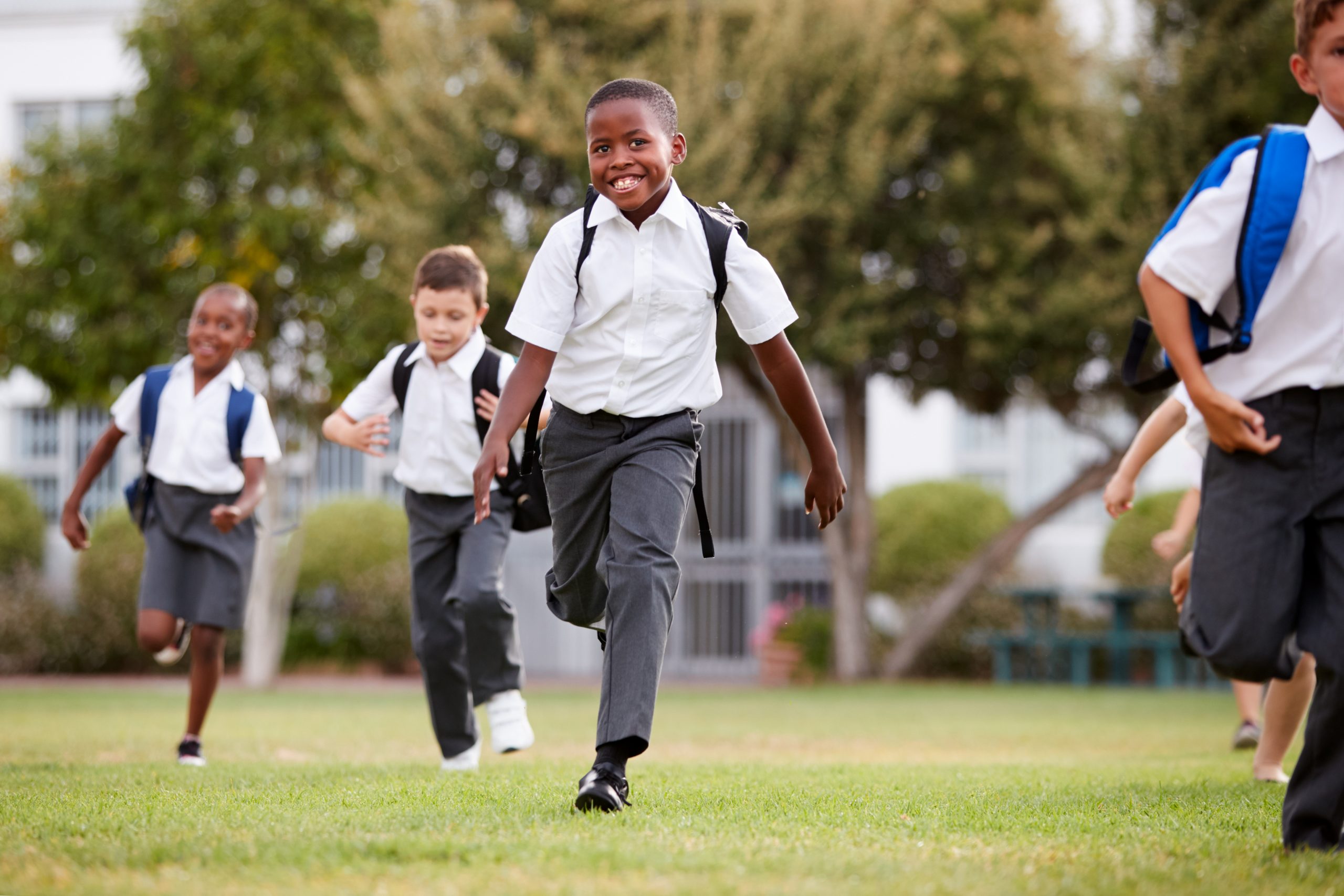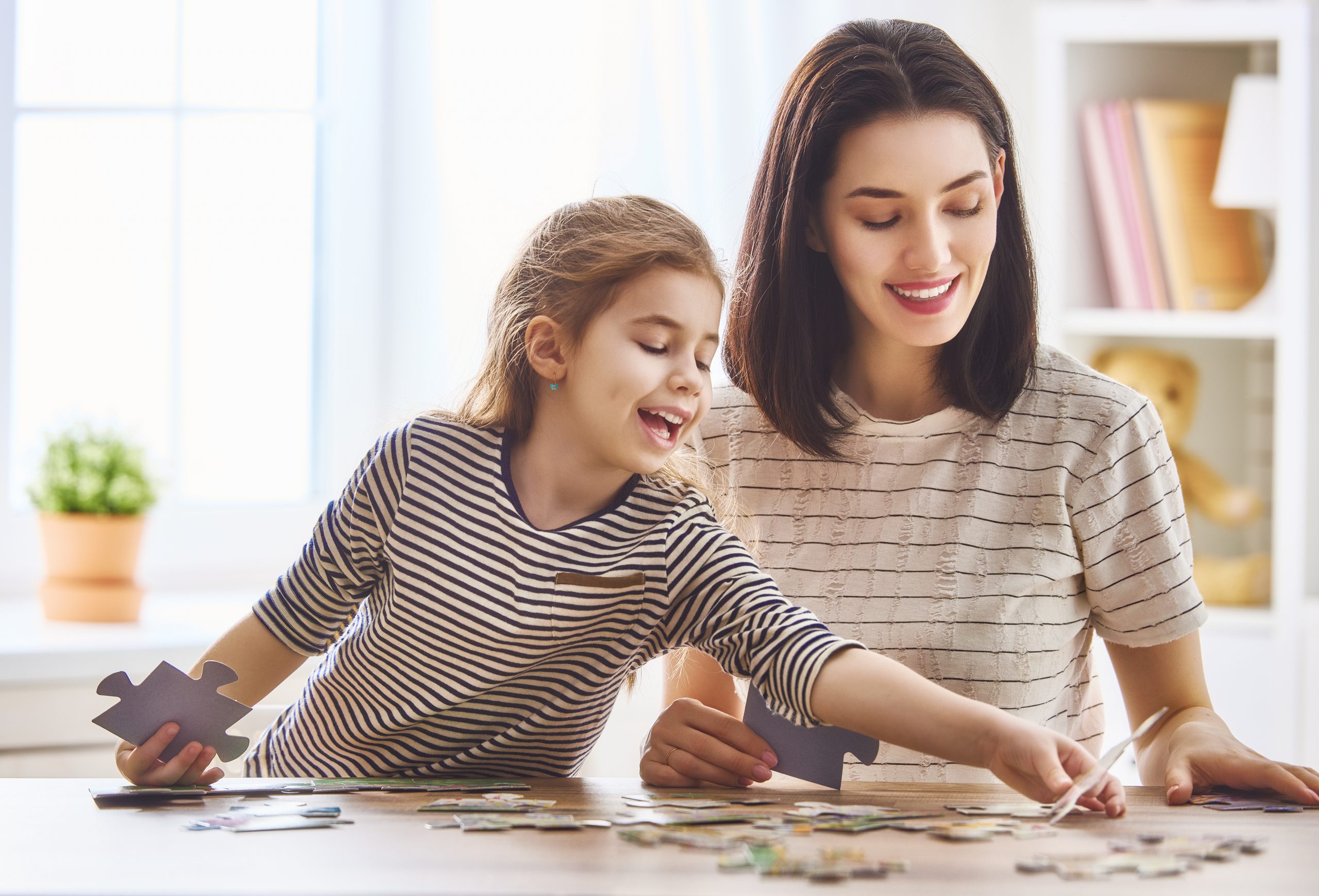Positive classroom climates that strongly support wellbeing have never been needed more than now, as children return to schools again this month. Despite the monumental efforts of teachers navigating remote and blended learning, the topic of pupils ‘catching up’ on the past year is on the lips of senior leaders, teachers, families and the media.
Whilst pupils do need to ‘catch up’ with academic learning, it is equally important to catch up on the social and emotional development opportunities that classroom learning provides. We all want the children in our classes to reach and surpass their potential to attain the best results they can – but learning is much more than being exposed to information. Humans are social and emotional creatures, and I believe that joyous, deep and profound learning exists where the environment supports the complexity and humanity of learning.
Taking time to build a positive classroom climate so that children feel safe, supported and happy to learn is key. Post-Covid, it will be very easy to focus on results and progress, especially in these days of accountability, data collection and looming Ofsteds, but creating a classroom climate that is open, trusting and wellbeing-focused really does pay dividends – both for children’s learning and happiness, as well as teacher happiness. It will also be easy, with the enormity of the curriculum in front of you, to feel rushed into starting ‘proper work’. Don’t!
So how can we as teachers foster a safe and positive classroom environment to support wellbeing?
Build routines
Use the first weeks to set the protocols for regular classroom meetings and circle times. We’ve all been through a totally unexpected and vastly different year, and the worlds of many of your children will have really been rocked. Pupils will need space and time to compute it all.
Keep these classroom meetings or circle times informal, allowing all children to have their say. The children can set the agenda by putting the details of issues they want to discuss in a box before the meeting. After the experiences of this year, I’m sure there will be lots of issues they will want to discuss. A class of mine once spontaneously formed a class circle at the beginning of the school day after a bereavement: it was their safe way of coming together for comfort and support.
Don’t forget to build periods into the day for everyone to relax and focus their minds. Mindfulness has been shown to improve wellbeing and reduce anxiety.
Rebuild friendships and get to know each other again
When asked what they’ve missed about school, children cite friendships. People of all ages have missed the social side of their lives; however, children may be feeling a bit anxious and possibly insecure about meeting friends again after such a long time. Revisit PSHE units and focus on what it means to be a friend – for staff and pupils!
Ultimately, when you start lessons again, remember that it’s everybody’s learning. During lockdown, the learning of some of your class will have been far broader and more enriching than others; some children will have really consolidated and mastered areas of learning, and others won’t. Help pupils to teach each other, sharing responsibility for learning. You’ll have mastery and greater depth as an outcome! Include mini-plenaries to accentuate the positive, refer to school values and learning attitudes, and allow children who are showing positive learning attitudes to recommend others. Creating and nurturing a growth mindset is key to children’s ‘catch-up’ and future development.
Encourage respect and collaboration
We know that children need to feel safe in their learning spaces to admit mistakes and ask for help, and there will be more anxiety around this than ever before. Some children may well be experiencing feelings of inadequacy upon their return to the classroom, which will hamper confidence and progress. Ground rules can be incorporated into every subject so that children feel more secure and supported in their learning.
Classroom ground rules could include:
- Help each other
- No making fun of others
- No interrupting – everyone should have their say
- Don’t gossip about what goes on in the classroom and what people say
You could also organise children into small collaborative groups, inclusive of gender and ability. Give them time to create their learning mottos and share their learning strengths and worries – and change the groups again after a few weeks. Making learning tasks collaborative, fun and interactive with plenty of opportunities to talk and laugh will help children learn to work with others, really make progress in this area, and you’ll also create teams!
Be that teacher
Finally, the children in your class are out there thinking about school and their friends, but they are also maybe a bit anxious about seeing their teacher: you are a hugely important figure who will feature so powerfully in their lives for the remainder of the school year. Be the teacher who builds the happy classroom where all children feel supported and valued.
Don’t forget it’s the teacher’s interactions and reactions that set the tone and the mood. You make the weather! Build your classroom climate first, and it will lead to higher standards and better outcomes for everyone.
By Karen Thomson, My Life author, experienced primary school teacher and PSHE consultant.
More from Karen Thomson
Empowering children through home learning
 You might also be interested in our Primary Wellbeing Pack
You might also be interested in our Primary Wellbeing Pack
Free tools and resources for primary and secondary to support mental and physical wellbeing




